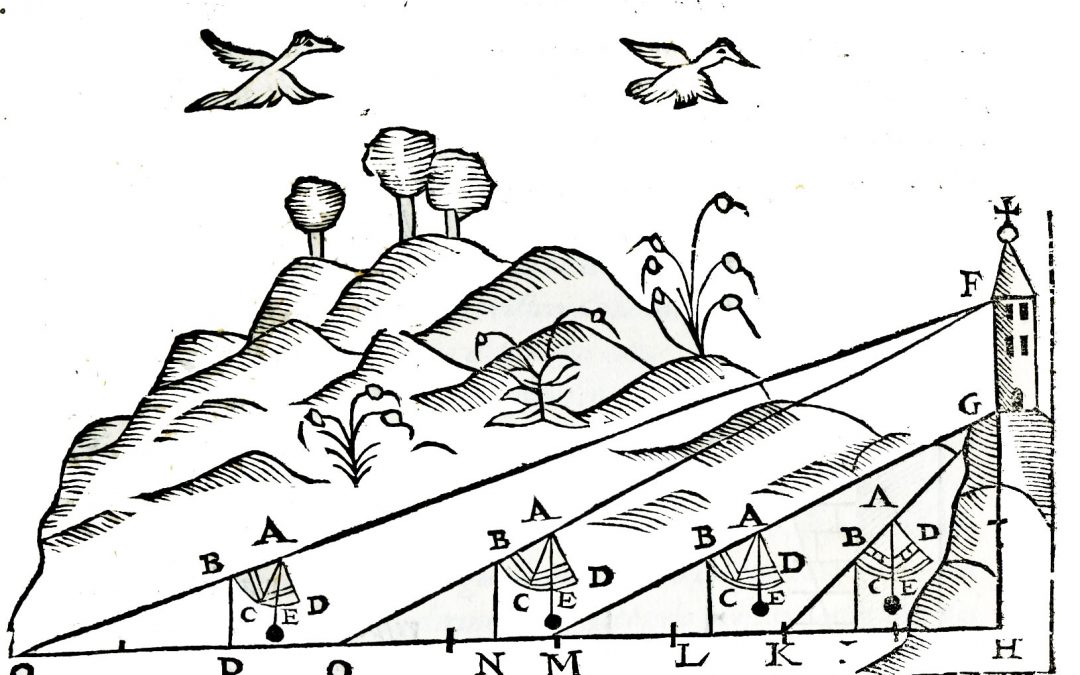Instead
So, what do we do instead?
For the sake of argument let’s just say that we all agree with this analysis of the problem – that violence only leads to more violence and that, for the most part, we have prepared to respond to violence only with more violence. Let’s say that it is a perfect analysis of the problem.
Over the years I have become dissatisfied with insightful analyses of
problems that don’t yield some meaningful, effective response – if not an actual solution – to a problem.
If our natural response of hitting back is not the best choice, what could we do instead?
“What you do in practice . . .”
That is what this whole eutopia Book is about. It is all about what to do instead of violence.
This book is about learning practice-able peace (shalom) rather than war.
As our sports coaches tell us, “What you do in practice you do in the game.”
If the only response to violence that we prepare for is a
violent response, then we will readily and reliably respond with violence. This includes the strategy – tacitly or actively taken – to have others perform violence for us (police, military).
If that is what we want then we should just keep on doing exactly what we have been doing. It’s working!
In the moment when violence breaks out, if we have not prepared a different response, we will almost certainly respond to violence with violence. That is our nature.
We don’t have to wait for that moment, though. We don’t have to wait for every situation to reach a point where violence breaks out and then our choice is how to respond to violence.
Don’t Wait for Trouble
Imagine that you are a school teacher and that you have thirty kids in your classroom.
Do you just sit behind your desk having little or no interaction with your kids until a fight breaks out, then swoop in and whop the kid who started it?
I don’t think so.
As a classroom teacher you would work to engage the kids constructively so that they are too busy with positive activities to get into much trouble easily. You teach them that fighting is wrong and you teach them how to resolve their difficulties before they escalate into a fight.
The work to prevent violence begins way before violence breaks out or is about to break out. If we ignore tensions and conflicts until violence begins we will feel justified to throw our hands up and say, “Well, see? How else could we respond? We have to respond with violence.”
If we let things get so far that violence seems to be inevitable, then we have failed. We failed to pay attention and see where things were heading, failed to act in time to make a difference before a violent response seems to be inevitable.
Working to head off violence before it seems to be inevitable is . . . work! No surprise. Did you have something more important to do?
Reliable Violence
Your Assistance Is Not Required
Once violence breaks out or is about to break out, there will be plenty of people ready, willing and able to respond with further violence. We don’t need to be concerned that that won’t happen.
We can productively spend effort building up a group of people who learn peace and who build peace; people who identify situations that could lead to violence and work to lead the situation (and the people involved) away from violence; people who begin planting the seeds, laying the foundations for peace during outbreaks of violence; and people who build up conditions for peace (shalom) after violence occurs in order to work against the next phase in the cycle of violence. And, of course, we can be people who live to build up peace just because it is good, not just as a response to violence – potential, current or past.
The more of us who engage in this process, the more effort we commit to building up peace (shalom), the less violence we will experience in the world.
How much effort do we need to commit to building peace?
Here are two answers:
1. How much time, effort, and resources does the military commit towards being ready to respond with violence? At least that much.
2. We will know that we have done enough when we have something resembling peace (shalom).
What else is there to do? We can give all our efforts to peace (shalom). It just is good in itself.
Another woodcut print from our 17th Century surveying book. The birds really set this one off, don’t they?

